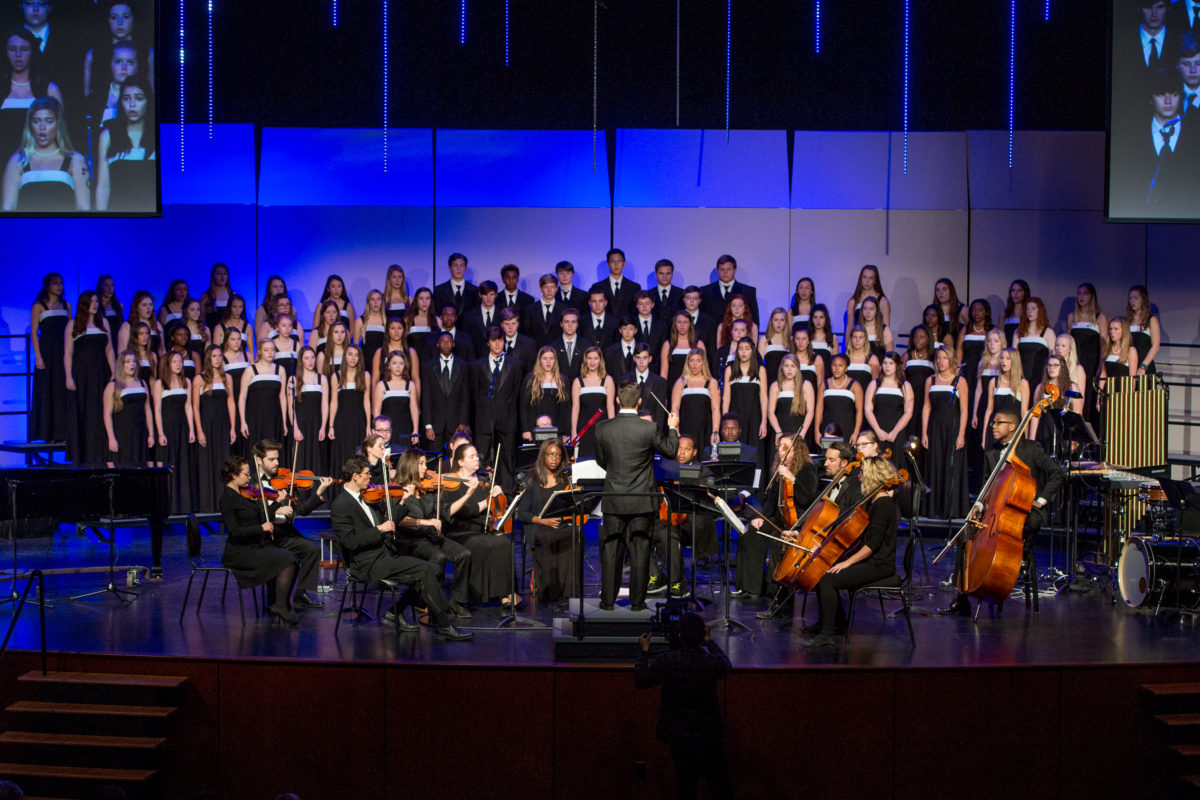Has your choir “failed” you lately? You know what I mean– you go into a rehearsal excited to make music, but leave frustrated and dejected, lofty goals sitting in a pile of rubble. Your singers leave as if nothing odd happened, and you wonder if they even care about the craft to which you’ve dedicated your entire adult life.
As I talk to colleagues, I find that this is a common occurrence in our profession. Who’s fault is it? Usually we blame the singers first– they were lazy, they were unfocused, or they were too talkative.
Here’s the thing– 99 percent of the time, if you have a bad rehearsal, it’s YOUR fault.
The most common pitfalls I see in rehearsals are:
- Trying to accomplish too much too quickly.
- Choosing music that is too difficult for the choir.
- Relying on skills that aren’t yet developed in your singers.
- Doing the same things in the same ways, time and time again.
To the first three pitfalls, I quote my own teaching philosophy:
Some students will respond positively to failure, rallying to find whatever is necessary within themselves to eventually find success. However, I have found that other students do not. All students respond well to success. Success acts as a snowball rolling down a hill, feeding itself and building upon its own momentum.
When I plan lessons or rehearsals, I always try to ensure success for each student. Even though this cannot and will not happen one hundred percent of the time, it is a valuable perspective with which to approach each class or rehearsal. When a student or ensemble fails, I always consider what I could have done differently first before assuming it is their fault.
- If I want them to learn a concept, I must ensure that they all possess the prerequisite skills.
- If I want them to sing a piece well, I must choose literature that fits their ability level.
- If I want them to achieve something beyond their current ability level, I must plan each step carefully.
- If I want them to embrace something new or different, I must gradually open their hearts and minds to change.
To the final pitfall: you can’t continue to do anything the same way forever and expect the same results. Just because something has “always worked”, that does not guarantee it will continue to do so. I would hold that to be true for any field, whether it be music, science, business, finance, real estate, or even engineering.
In the world of capitalism, companies thrive and fail based on their ability to innovate and then carry out that vision effectively. One of the benefits of competition in a free market is that it incentivizes risk-taking, an integral component of most innovation. An inevitable side effect of risk? You guessed it– failure. The most successful individuals and companies have failed as much as if not more than they have succeeded. Often, the difference between those who thrive and those who languish is the ability to withstand repeated and often crushing failure.
So if you’re finding yourself falling behind, having “bad” rehearsals more and more often, take a step back and try something new. It may fail completely, but eventually you’ll find methods that are far more effective.
I’ll end with a cautionary tale. The first contemporary a cappella album I did with producer Dave Sperandio, Another Level, found great reception from the community. The Recorded A Cappella Review Board hailed it as “one of the greatest high school albums of all time”. It was nominated for many awards and was placed on various “best-of” compilations. I tried to replicate that successful formula for the next album, Here To Stay. While it certainly had its merits, that album did not receive the same acclaim. What had changed? Everything else around us. The tide had risen, and the general expectation for a cappella recording had, as well. From that point on with each new album, I challenged myself to push the boundaries of my students, my producers, my arrangers, and my own vision. The results have been their own best advocates.
Change is the only true stasis.
Grow or die.

